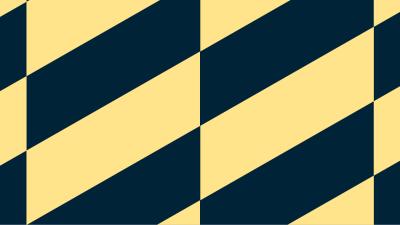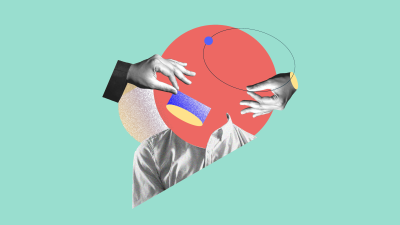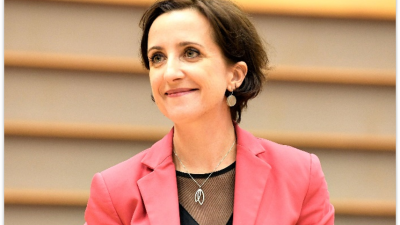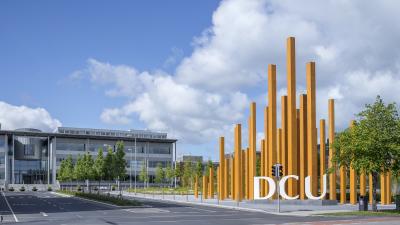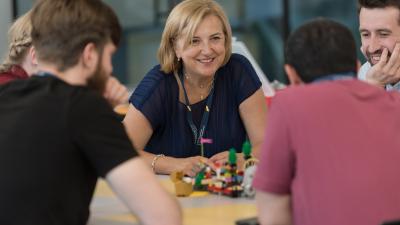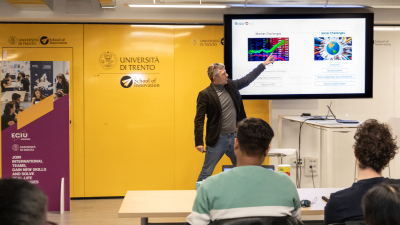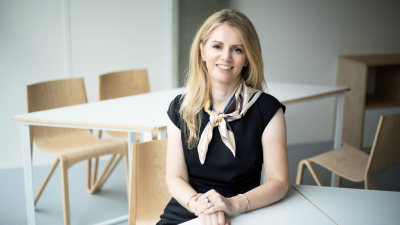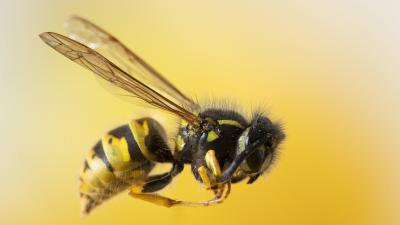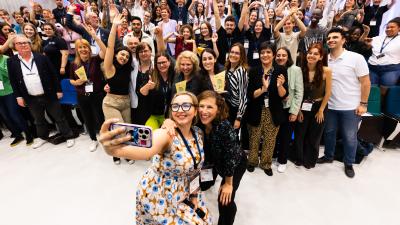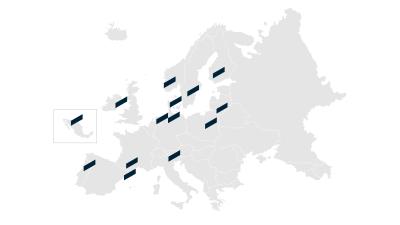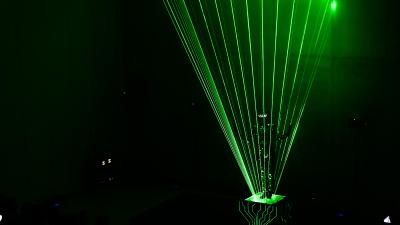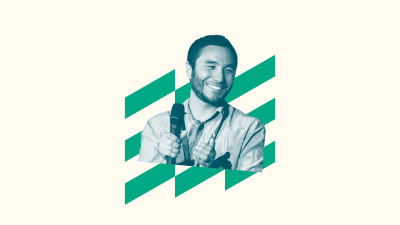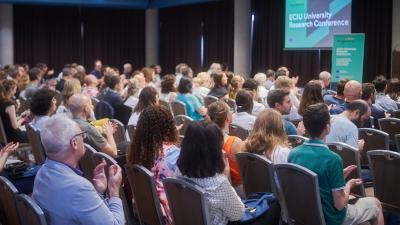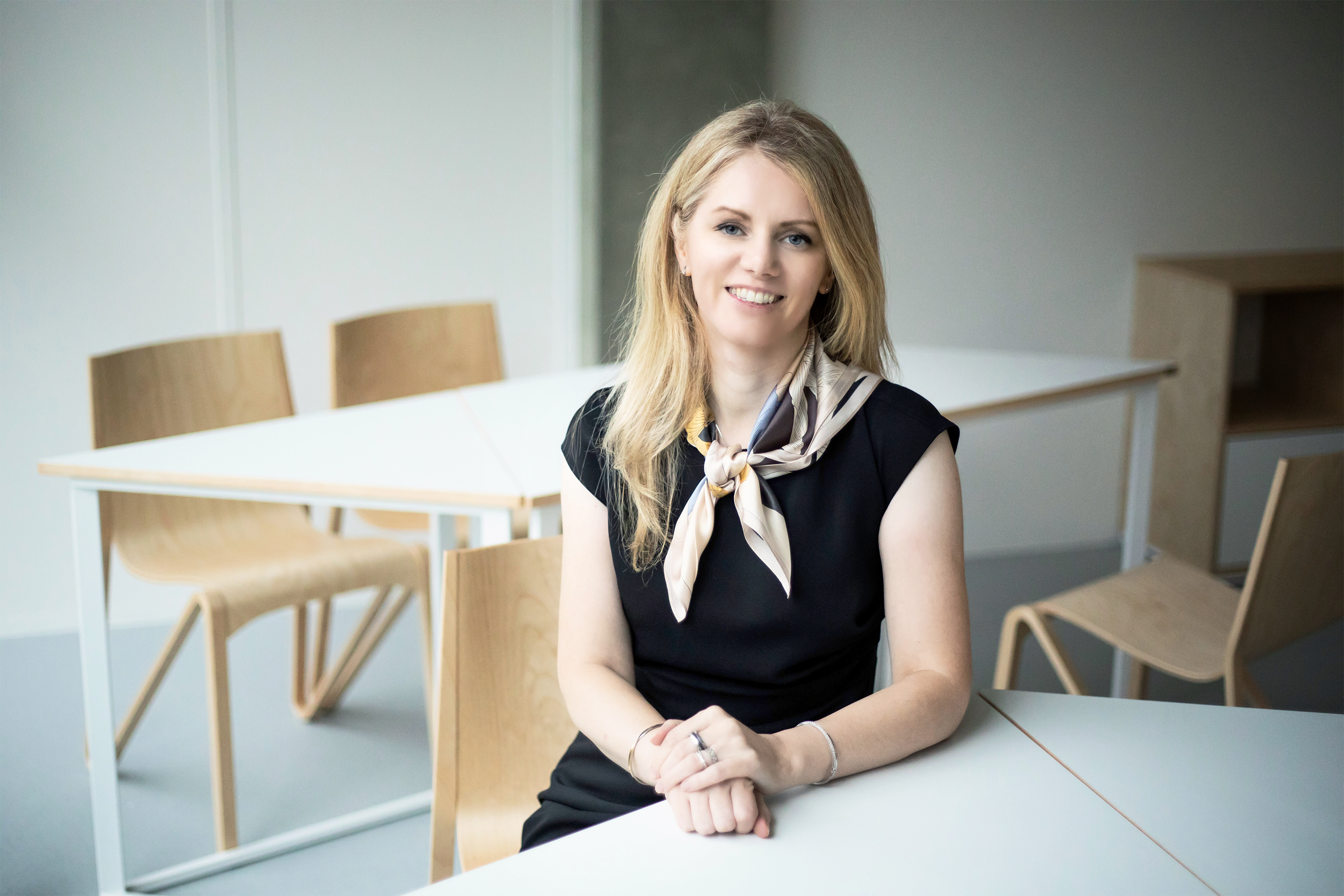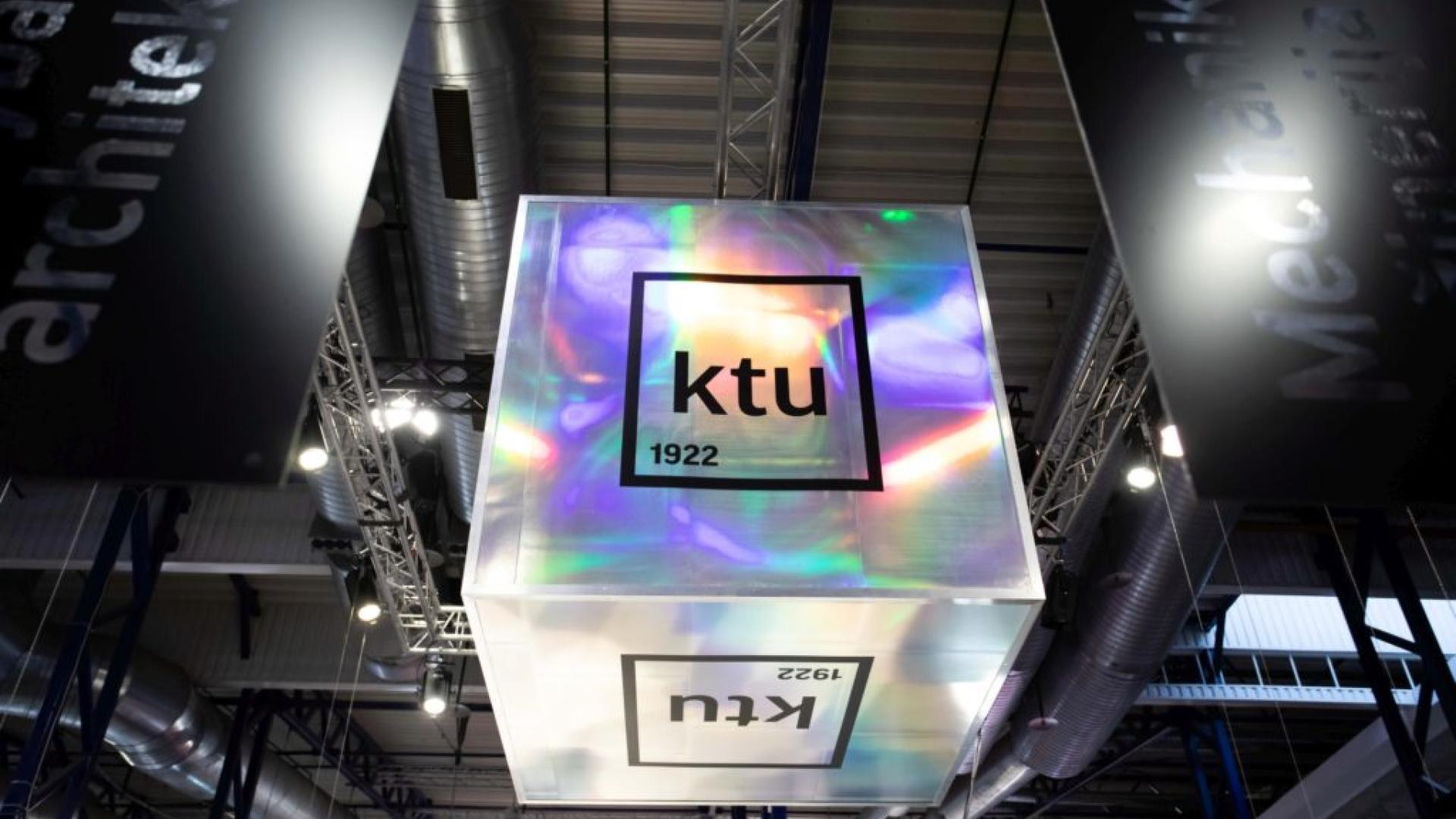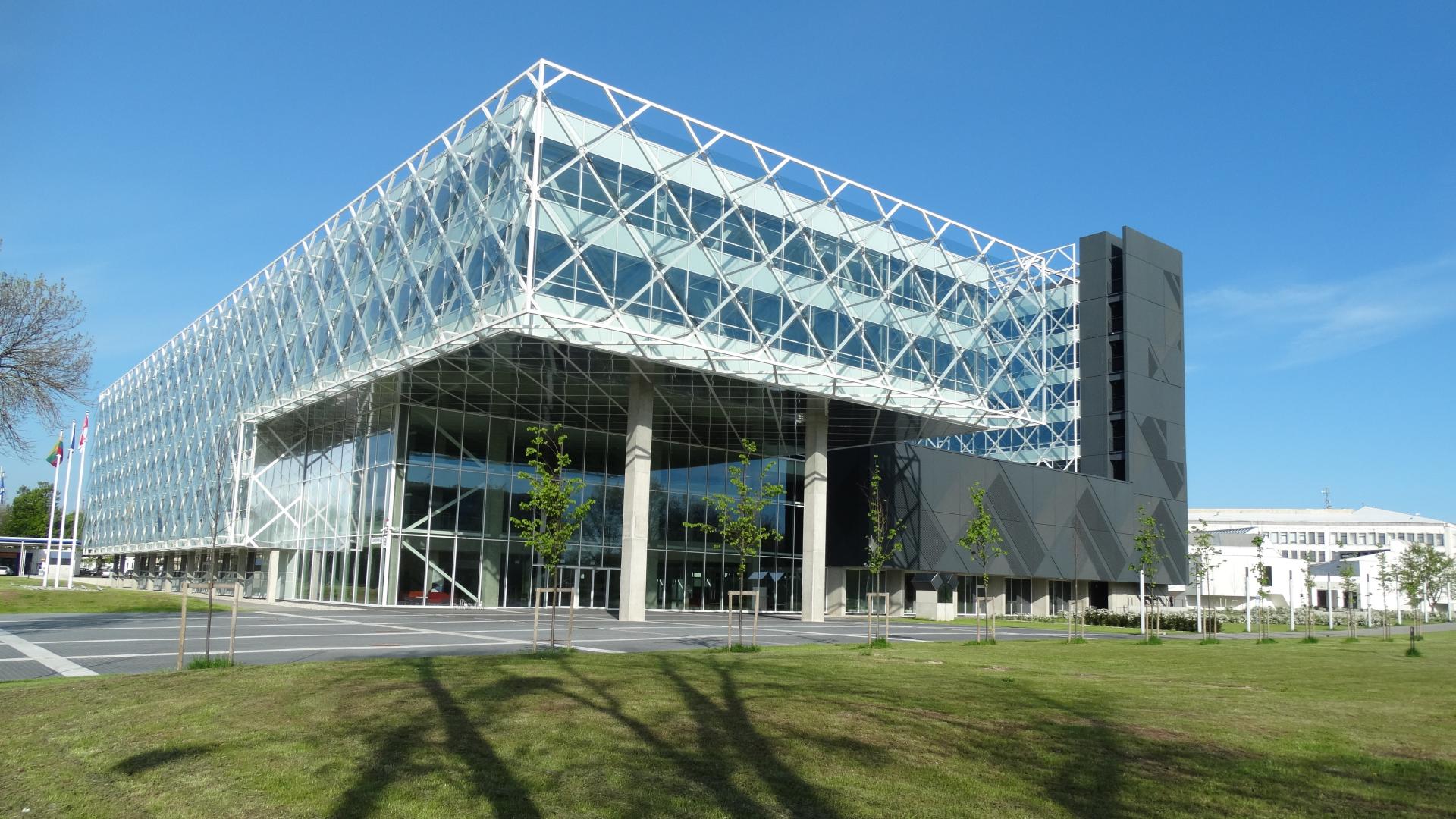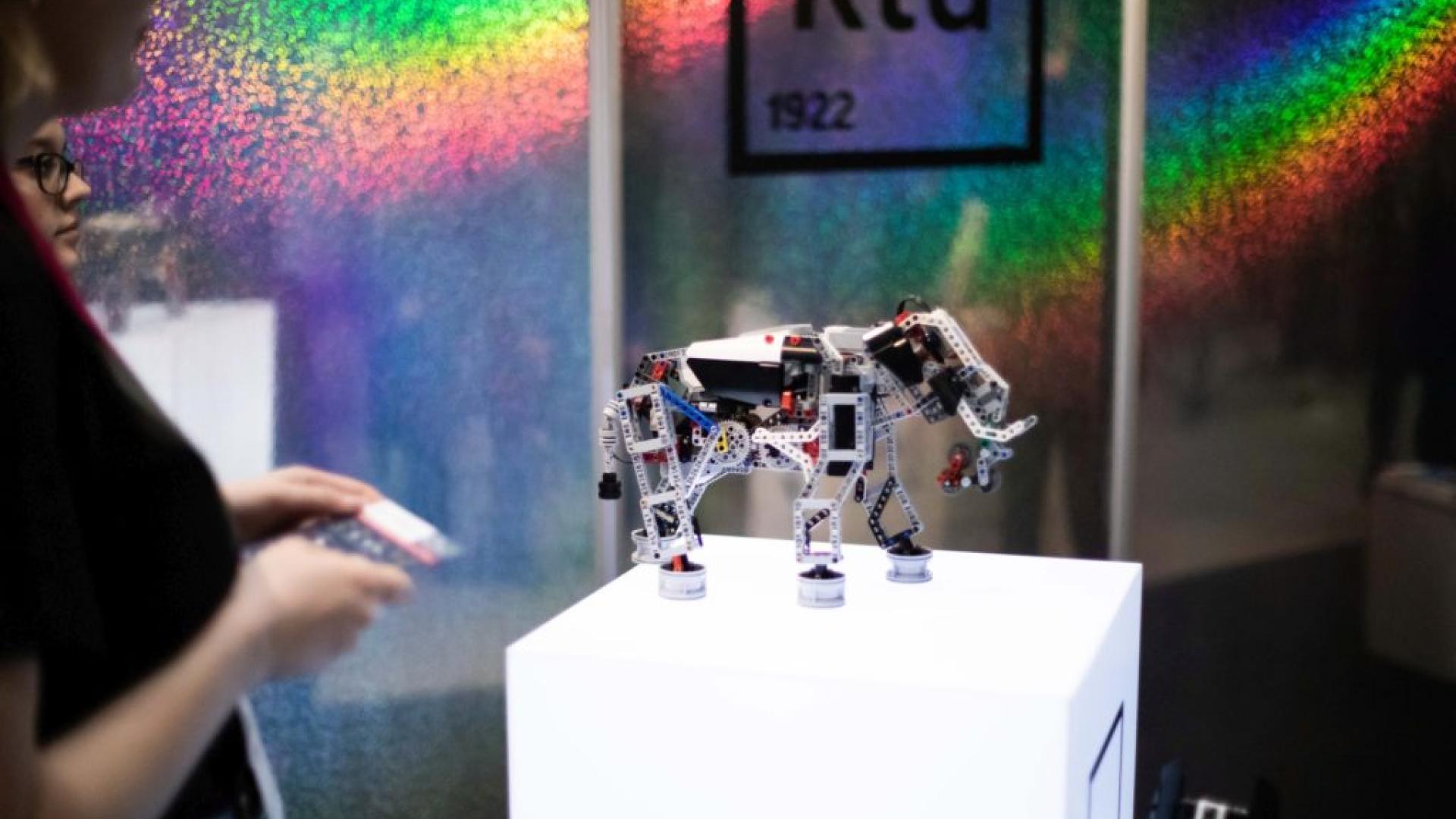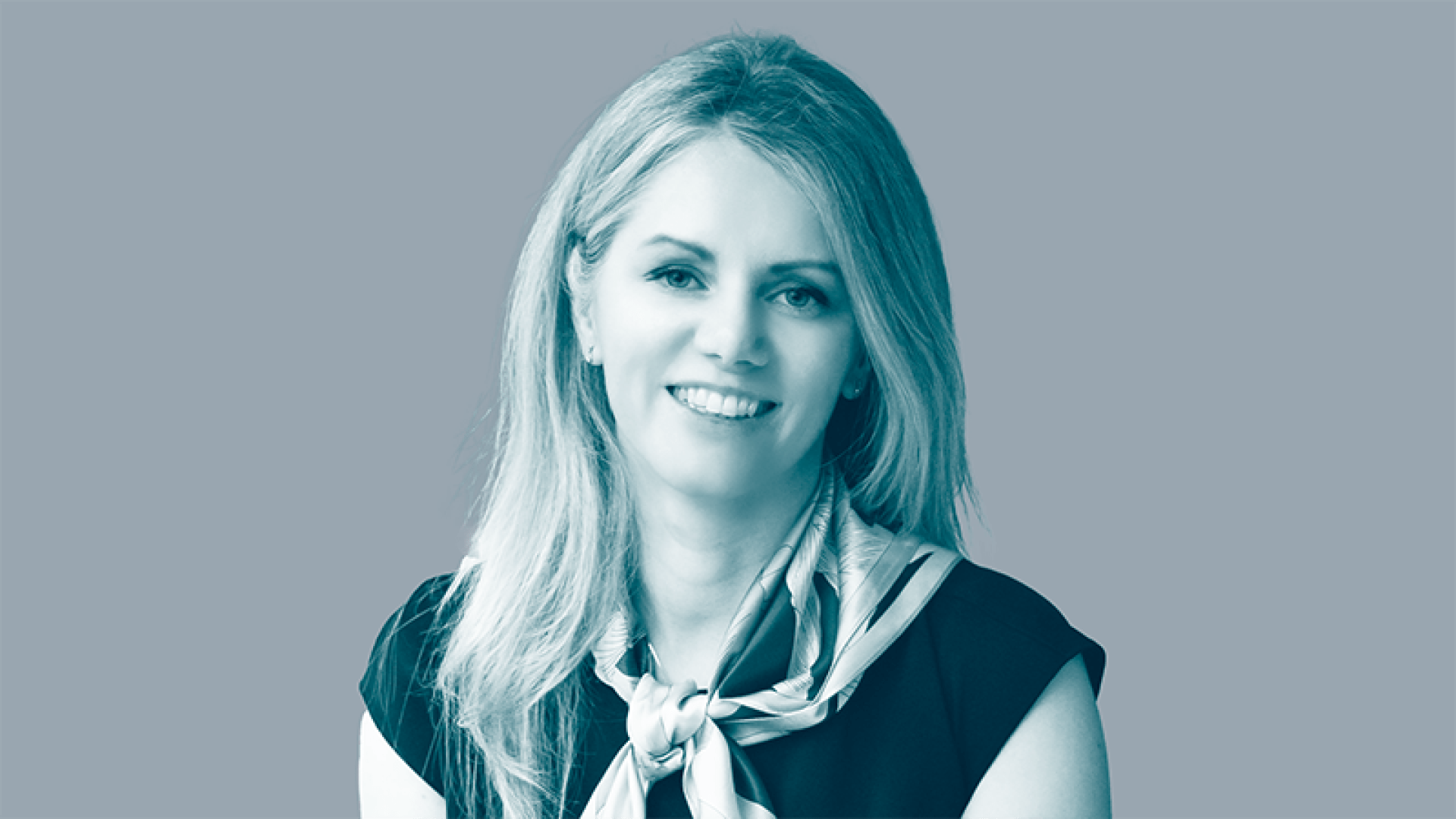That is far from all the things that have changed. The flexible learning pathways model that allows students to personalise their learning experience was adapted to reflect the university’s goals. It is being implemented in ten study programmes already – with the first five study programmes set to offer a small-scale flexible learning pathway as early as 2024.
Micro-credentials are also gaining momentum. This academic year, for both KTU and ECIU University learners, 29 learning opportunities with 1 to 3 credits are available.
The impact can be seen on all levels – even the infrastructure is changing, as a new CBL co-creation area with a high level of digitalisation dedicated to challenge-based learning was established.
Future plans
Of course, challenges are inevitable when implementing such changes. Among the few mentioned by the vice-rector are managing the teachers’ workload, which is usually higher than with standard study modules, and developing a system for the motivation and recognition of their efforts.
The university is also still looking for the best way to engage stakeholders in challenges and help learners choose from the huge pool of new opportunities. But even with all the questions which have yet to be answered, there is no doubt the effort is worth it – and the community’s response is proof.
‘The students are reacting well to the changes,’ Ukvalbergienė says. ‘The number of students participating in the learning opportunities is constantly growing. They see the value, they want to engage in challenges and modules, they aspire to become ECIU University ambassadors.’
‘We can now offer them more mobility and flexibility in studies, as well as provide them with a bigger choice of learning opportunities. Through challenge-based learning, we help students develop life skills. In this way, we can better prepare them for the future.’
Even more is planned, Ukvalbergienė shares. Moving forward, the university aims to prioritise life-long learning in a way that benefits both the university and the alliance – providing learners with broad and diverse opportunities on each stage of their learning path.
The world is changing – and so should universities
As KTU adopts innovative approaches, it also brings its own knowledge and good practices to the table – contributing to its partners and alliance’s goal. To inspire innovation and foster a global impact. It is especially important today, Ukvalbergienė points out. ‘As the world changes rapidly, so does the educational environment, and so should the educational institutions – adapting to the new challenges and helping develop new knowledge that will allow students to thrive in this reality. No matter the challenges, it is important to keep up what we’re doing,’ she says. ‘The landscape is changing quickly. It is changing so much that some people may even wonder if they need universities. But being part of ECIU University is our opportunity to answer this question. This is the way we can change the discourse, reform, develop new, relevant competencies and quickly adapt to the demands of tomorrow.’


